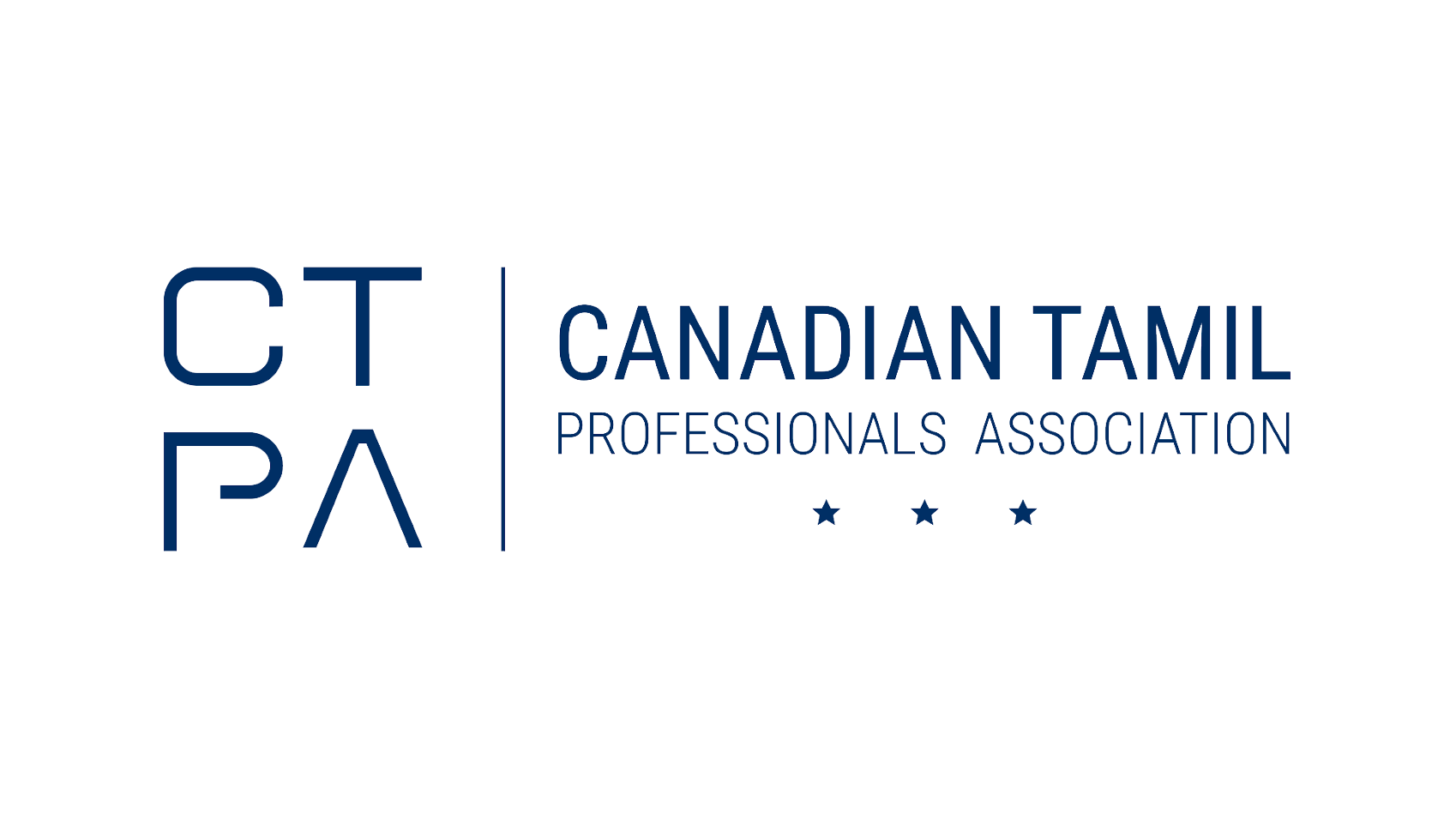Estate Planning? What estate? – The question I often get asked when I recommend my surrounding family to strongly consider their estate planning options. It is the modest answer that all Tamil households use to represent what we have accumulated in the last quarter century of living in Canada. Whether it be our net worth in the bank, RRSPs, real estate, or small businesses – most of us have some level of wealth accumulated in one-way, shape or form.
After you have lived a momentous lifestyle, got married, had a few kids (or not) and lived out that idealistic South Asian dream you will start questioning the legacy you will leave behind. Let us hope it is not one burdened with a significant tax liability. Tax rules are designed in such a way that any gains that you may have enjoyed during your lifetime, are subject to tax upon your passing (unless it is direct to your spouse).
You are deemed to have sold off all of your assets at the market value at the time of your death, resulting in a capital gain on all proceeds in excess of your cost. RRSPs become unregistered and the full amount is included in your final tax return, along with all of those real estate gains, business gains etc. However, as you have not sold any of your assets, but are deemed to have sold them – your estate does not have the surplus cash to settle a significant tax liability. In the worst case, the estate is forced to sell an asset to pay a tax bill.
Strategize how you can have an estate plan that allows you to live the life you are entitled to but will minimize your total exposure to income tax. There are a few simple options to minimize this impact: Early inheritances to your children and grandchildren.
Gifts: When you give cash to an adult or child, no income tax implications apply to you.
Loans: Give a loan, set it up so it is forgiven no later than at the time of your death. This way you can “call” the loan if needed during your lifetime.
Establish a trust: You can add cash to fund investments on behalf of your grandchildren (under 18). Any capital gains can be taxed in the grand children’s hands. You can have about $21,000 in capital gains and pay no income tax thanks to the basic personal tax credit.
Estate Freeze: You can implement steps to allow the growth of your estate to continue but not have the growth accrue to your hands. Exchange a growth asset for a non-growth asset. This freezes the growth in your hands, and the tax liability is determined at that time. Any future growth after the freeze accrues to your heirs. A portfolio of growth investments (stocks, funds, RE) can be transferred to a private family owned corporation on a tax deferral basis. You can then receive preferred “nongrowth” shares of the corporation. The shares would be voting, and dividend paying – to allow you to control your assets and take funds out for living expenses. Your heirs would subscribe for the common shares/ growth shares. The future growth accrues to the CS holders, and they are taxed when they decide to sell.
Ensure to seek out and obtain the necessary guidance from a professional while implementing the above, and be at peace in your retirement.
Written by Mayu Thavarajah

